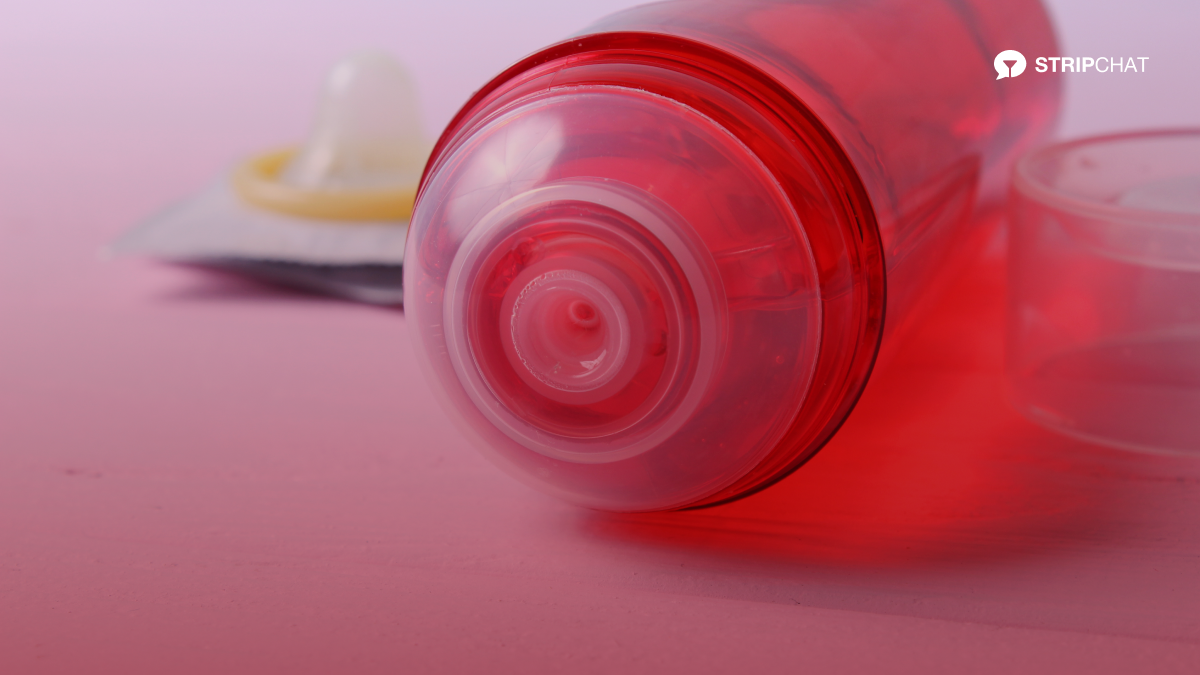Sex and health: myths and facts

With sex still being somehow a taboo, there are plenty of myths disguised as facts circulating around. Since more knowledge translates to safer decisions in the physical intimacy field, we decided to clear the waters and bust some of the most common myths misconceptions about sexual health.
How much is truth there is in the things we hear about sex and health? Let’s find out.
You can only get STIs through penetrative sex
Myth: you can get an STI from any kind of sex, be it vaginal, oral or anal. This is because STIs spread in bodily fluids but also from skin-to-skin contact. Therefore, using protection like for example a latex condom, significantly lowers the risk of getting or transmitting STIs during any type of sexual activity.
The pull-out method protects from pregnancy
Myth: for newbies, the pulling out or withdrawal method is when the man withdraws the penis right before ejaculating. Even though the belief that this is an effective tactic to avoid pregnancy is widely spread, it’s far from reality. When aroused, the penis can discharge pre-cum containing sperm, even before climaxing. So ejaculation doesn’t have to occur in order to still release some sperm. For this same reason (and because of the skin-to-skin contact), it’s also possible to contract STIs when using the pull-out method.

Sperm can live up to 6 days in a vagina after ejaculation
Truth: after ejaculation, sperm cells can live in the female reproductive tract for up to 6 days, even if you wash yourself thoroughly after sex. That’s why even if sex takes place before ovulation or during the woman’s “fertility window”, pregnancy is still possible to occur.
Masturbation has many health benefits
Truth: masturbation is normal and something very common to do at any age. Moreover, research has shown that masturbation has plenty of health benefits, such as reducing stress, improving sleep, relieving menstrual cramps and strengthening muscle tone in pelvic areas. So if you needed an excuse to touch yourself more, here you have it ;).
The morning-after pill must be taken the day after sex
Myth: its name leads to this common misconception, however, the morning-after pill – also known as emergency contraception pill – can be taken up to 5 days after unprotected sex. But of course, the sooner it’s taken, the better.
Douching is a healthy way to clean the vagina
Myth: douching actually causes more harm than good, according to The National Women’s Health Information Center. The vagina has its own system of self-cleansing, consisting of bacteria that help keep it clean and healthy. Douching can disrupt that balance and cause vaginal infections to spread into the uterus, ovaries and fallopian tubes.

Any lubricant is fit to use with latex condoms
Myth: oil-based lubricants like vaseline, baby oil or hand creams, can break latex. Instead, if you don’t want the condom to snap and give you a fright, you should use water soluble lubricants. Saliva and plain water are also good lubricants to use with condoms.

You can always check the latest news on our Twitter and Reddit.




